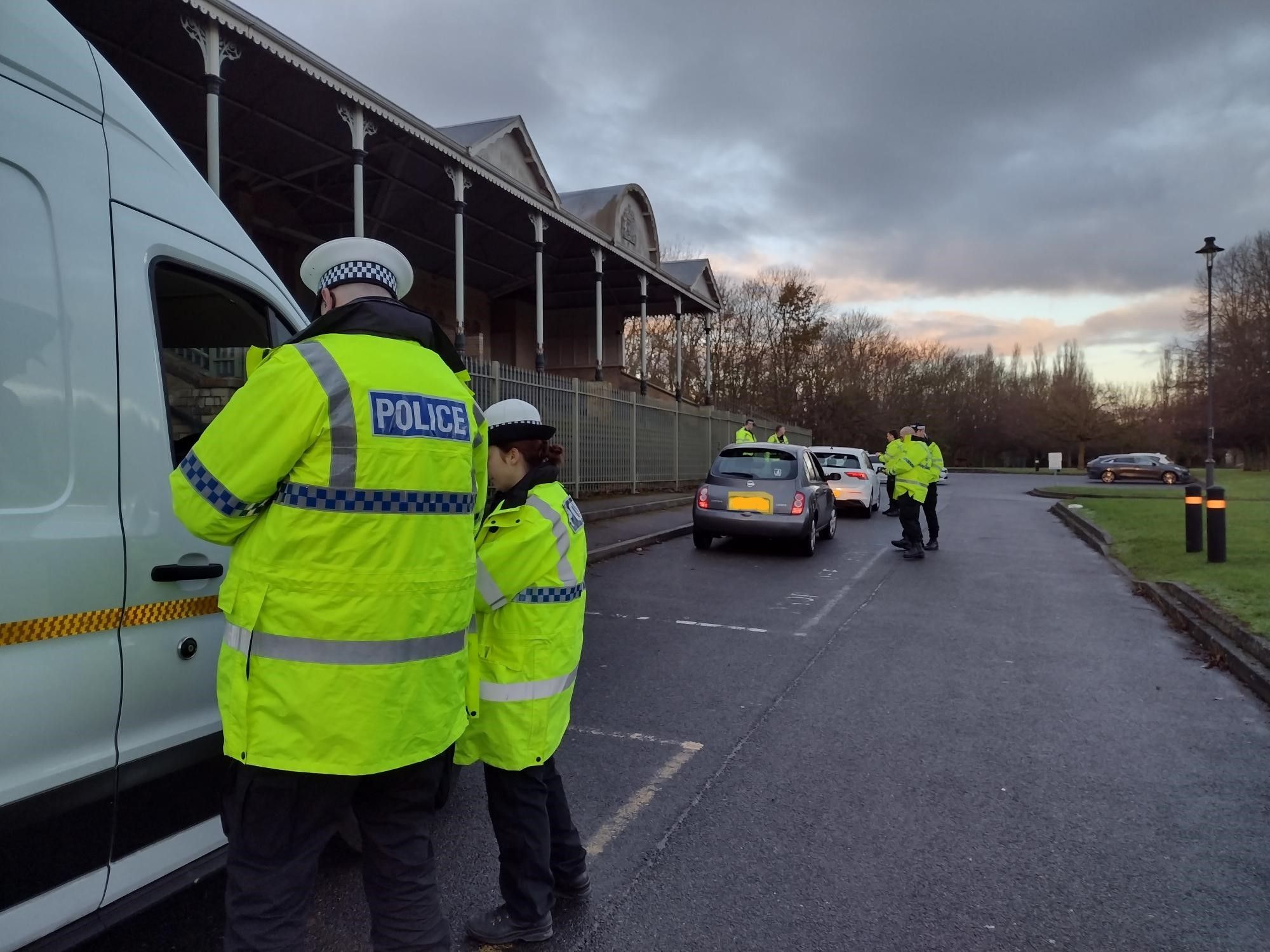'The last general election was a flat, vacuous campaign. The most uninspiring I can remember,' says Royston Smith

"The last general election was a flat, vacuous campaign," says Royston Smith
|PA

Royston Smith is the former Conservative MP for Southampton, Itchen
Don't Miss
Most Read
Latest
The Conservatives basically said, “Stick with us,” and Labour said as little as possible in order to avoid scrutiny. It is hard to believe we have war raging in Europe and the Middle East and malign countries and regimes overtly working to undermine our way of life and democracy, yet we had such a lacklustre general election campaign.
Whilst the campaign was shallow and unimaginative in almost every policy area, what was completely airbrushed out was the country’s ability to prepare itself to face another pandemic.
It is a testament to the resilience of the human race that people have moved on quickly from those dark days of lockdown when we weren’t sure how bad Covid-19 would be and how many of us might succumb to this awful disease.
The pandemic was devastating. For the global economy, for businesses and jobs but most importantly for those who died or lost loved ones.
It is estimated over 7 million people died from Covid-19 related deaths worldwide.
How many of those could have been saved if we were properly prepared and what lessons have we learned to protect ourselves from the next pandemic?
During the Covid-19 enquiry, the former Secretary of State for Health, Matt Hancock, talked about our lack of testing capabilities. He referenced a visit to a Public Health England (PHE) laboratory in Colindale, North London. He said, “The testing facilities consisted of two scientists in a side room hand-pipetting samples.”
At the beginning of the pandemic, testing capacity was woeful and had to be created from scratch. The troubling thing is most of the capacity that was created has now been stood down.
The £1billion Rosalind Franklin Laboratory was closed in January 2023 and has since been listed for sale.
None of the political parties in the general election felt that reassuring voters they are safe from a future pandemic was worthy of discussion. This is strange because almost everyone believes there will be another pandemic and almost no one thinks it will take another 100 years.
Prof Sir John Bell, served as Regius Professor of Medicine at the University of Oxford from 2002 to 2024, was the government’s testing Tsar during the pandemic and recognised as one of the leading authorities on viruses, testing and vaccination, has warned another pandemic could happen within 20 years. In one interview he said 15 years or maybe even 10.
Our interconnected, global lives mean diseases which would otherwise not make it to our shores are now often here long before the public have even heard of them.
Take mpox (monkeypox) for example. The World Health Organisation (WHO) have now designated it a public health emergency of international concern and there is heightened concern about Avian Flu (H5N1) which has now infected humans from dairy cattle as well as from poultry.
In Finland, the government is offering vaccinations to workers on fur farms to protect them from Avian Flu.
MORE FROM GBN MEMBERSHIP:
- 'Authoritarian Keir overreaches into freedom!' Bev Turner 'appalled' by outdoor smoking ban
- What is this better future Starmer is planning after all the pain? Who is going to save us from this drivel, asks Roger Gewolb
- How Rachel Reeves could avoid scrapping Winter Fuel Payment for millions of pensioners
These two diseases are different to Covid-19. They aren’t passed merely from close contact between humans in the way the coronavirus was which is a relief, because the mortality rate of Avian Flu is far higher than Covid-19.
When the pandemic struck the world was paralysed. We had to wait 300 days before we could start vaccinating and treatments weren’t very successful in the early weeks and months.
The next pandemic could be 100 years away but it is more likely to be within the next 20 or 30 years. If we want to avoid crashing the economy and destroying people’s lives the next time a disease passes from an animal to a human and then races around the world affecting millions, then we must learn from the past and prepare for the future.
Burying our heads in the sand, as we have done since the roll out of the mass vaccination program, just will not do.










